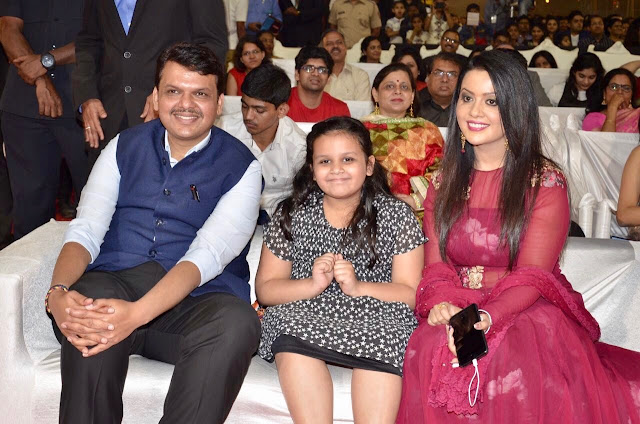The supreme court of India case status
The supreme court of India case status has allowed the plea seeking prosecution of Maharashtra Chief Minister Devendra Fadnavis under Section 125A of the Representation of the People Act, 1951 for alleged concealment of two criminal cases against him in his election affidavit.
 |
| the supreme court of India case status, Devendra Fadnavis |
Bombay High Court
The judgment was delivered by a Bench of Chief Justice of India Ranjan Gogoi and Justices Deepak Gupta and Aniruddha Bose in an appeal filed by Satish Ukey against the Bombay High Court verdict that had ruled in favor of Fadnavis.
Devendra Fadnavis, who is the current Chief Minister of Maharashtra, had contested the elections from Constituency-52, South-West Nagpur. He submitted his nomination paper along with the requisite documents and affidavit as prescribed under Rule 4A of the Conduct of Elections Rules, 1961.
The affidavit filed in Form No. 26 contained a declaration regarding the information that he was required to submit mandatorily, in particular, the information in terms of Section 33A (1) and (2) of the RP Act, 1951. This provision of law required him to disclose information relating to any pending criminal case in which punishment prescribed was of imprisonment for two years or more, and a charge was framed by the Court of competent jurisdiction or those criminal cases in which he was convicted of an offense and sentenced to imprisonment for one year or more.
It was Ukey’s case that Fadnavis did not disclose the information as required of him under sub-section (1) of Section 33A of the Act of 1951.
Chief Minister Devendra Fadnavis under Section 125A
According to him, there were two such cases. The first was RCC No. 343 of 2003 (Madanlal Parate v. Shashikant Hastak & ors) involving offenses punishable under Sections 217, 218, 425, 466, 467, 468, 470, 474, 506, 109 read with Section 34 of IPC. The second was RCC No. 231 of 1996 (Madanlal Parate v. Devendra Fadnavis) involving an offense punishable under Section 500 IPC. Though charges were framed in neither case, the concerned Court of Judicial Magistrate, First Class at Nagpur had taken cognizance of them. These two cases were not disclosed by Fadnavis in his affidavit, Ukey had submitted.
Non-disclosure of these two pending criminal cases was in violation of Section 125A of the Act of 1951 and constituted an offense envisaged by this provision of law, he had contended.
In order to buttress his case, Satish Ukey had relied on the prescribed form of the affidavit in Form 26 (prescribed pursuant to Rule 4A) which, according to him, was amended in the year 2012. It has a clause that requires disclosure by the candidate of pending criminal cases in which cognizance has been taken by the Court.
The supreme court of India
On the other hand, Fadnavis had argued that an offense under Section 125A of the Act of 1951 is constituted only when the information required under Section 33A (1) is concealed or suppressed or submitted in a false manner.
He had submitted that the allegation made by the respondent relates to concealment of information of two pending criminal cases in which cognizance was taken by the trial court. However, sub-section (1) of Section 33A of the Act of 1951 mandates disclosure of only that pending criminal case in which offense involved is punishable with imprisonment for two years or more and the charge has been framed.
He further submitted that a pending criminal case in which the only cognizance is taken by the Magistrate and no charge is framed is not the case covered by this provision of law. Since such criminal cases were not within the scope of Section 33A, there could be no case made out under Section 125, it was argued.
High Court had accepted the contention of Fadnavis
The Judicial Magistrate First Class had accepted the contention of Fadnavis and turned down the but the same was reversed by the Principal District and Sessions Judge, Nagpur.
On appeal, the High Court had accepted the contention of Fadnavis on requirements under Section 125 and Section 33A.
Regarding the clause in Form 26, the High Court had ruled while it does have a clause mandating disclosure as contended by Ukey, the same can be only for some other purpose and not for the purpose contemplated under Sections 125 and 33A. Hence, non-disclosure of what is mandated under the Form will not attract Section 125 which will be attracted only upon non-disclosure of what is prescribed under Section 33A.
The High Court had, therefore, set aside the order of Principal District and Sessions Judge, leading to the appeal in the Supreme Court.




